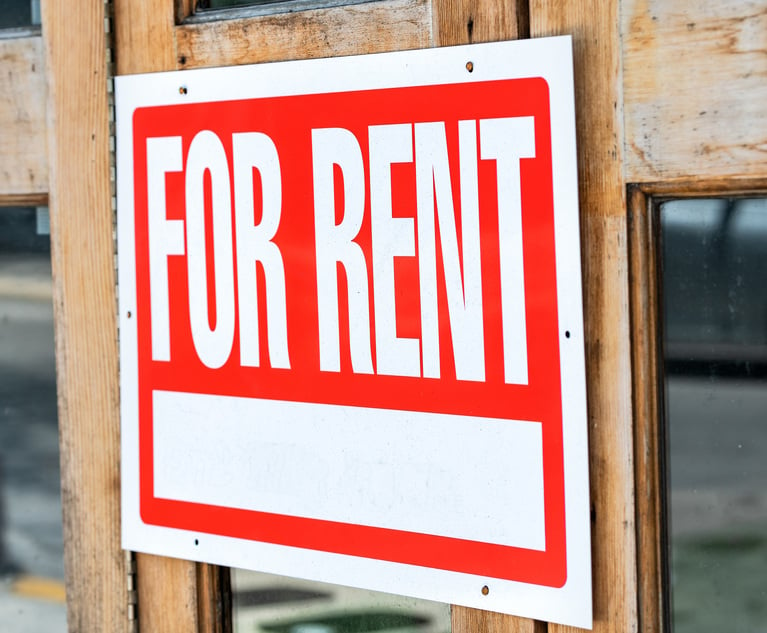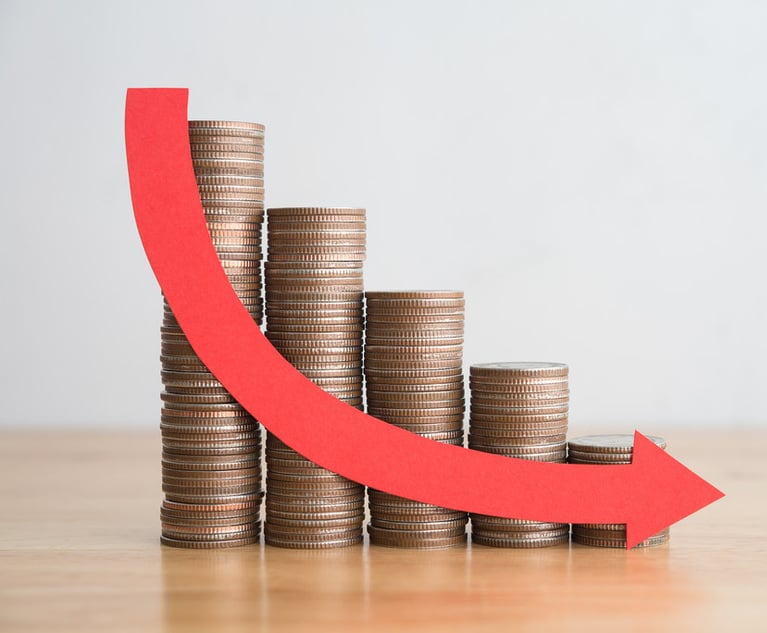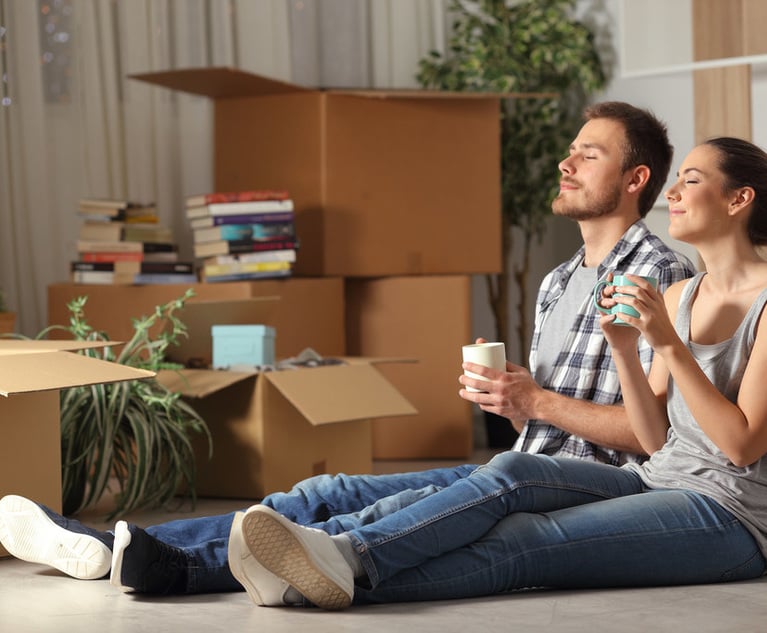Surveillance cameras are everywhere. The fronts and sides ofmany cars are equipped with cameras and processing software, therooftops of commercial buildings are crowned with hiddensurveillance equipment and even traffic lights incorporate camerasto catch unsuspecting motorists speeding through a yellow-to-redlight.
|Surveillance cameras are as ubiquitous these days as, well,smartphones, which have their own cameras, of course. Were it notfor the hidden devices, the perpetrators of the tragic BostonMarathon bombing might not have been identified and apprehended.Even visible security cameras have a positive effect, deterringpossible criminal activities.
|Surveillance cameras are a market growing
|While all this may seem a bit "Big Brother-ish," an actual videorecording of someone perpetrating a crime is a lot more reliablethan eyewitness accounts in a courtroom. These benefits explain whythe market for surveillance cameras is on a tear, growing at acompound annual rate of 19.1% and expected to reach $42 billion inglobal sales by 2019, according to a 2014 study by TransparencyMarket Research.
|[Related: 4 insurance issues arising from body cameras andprivate security]
|Not just law enforcement and private enterprises like banks relyon hidden cameras; so do many high-net-worth families. It is commonfor numerous surveillance cameras to be positioned throughout thehomes of the wealthy in both visible and concealed locations. Thedevices eavesdrop on the humdrum of ordinary life to ferret outevidence of potential and actual crimes.
|The shorthand for the equipment is the "gotcha cam," as they arehidden inside teddy bears, wall outlets and clocks. Manufacturersof the gear are increasingly creative, embedding the pinholecameras in wall outlets and even in pens and chewing gumdispensers. For good reason, too.
||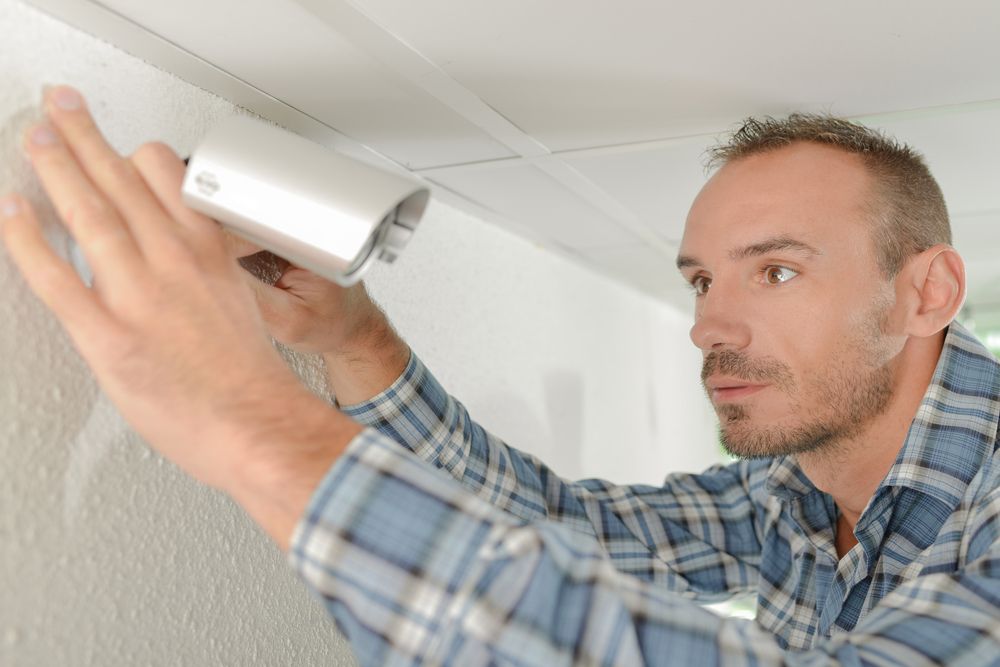
(Shutterstock.com)
|Tread carefully
|A quick search on the Internet unearths hundreds of exampleswhere hidden surveillance cameras in the home caught unsuspectingperpetrators in the act of committing a crime, resulting in theirarrest and conviction. Just knowing there are camerassurreptitiously recording the surroundings may dissuade potentialoffenders.
|Nevertheless, there are disconcerting legal consequences for theimproper use of the cameras. To learn more about the subject, Ireached out to attorney Jack McCalmon, founder and CEO of TheMcCalmon Group, Inc. The Tulsa, Oklahoma-based firm assistscompanies and high-net-worth families in reducing the risk ofemployment practices liability.
|[Related: The connected home: The next frontier for P&Cinsurers?]
|"Depending on where they are or what they are doing, a personcan have a reasonable expectation to privacy, which affects the useof hidden surveillance cameras," Jack told me. "In some cases, thewrongful use of the cameras can result in costly litigation andcriminal penalties. There are issues over where the camera isplaced and whether or not it records audio. One must tread verycarefully."
|Legal parameters and ramifications
|Where a high-net-worth family resides in the United States is afactor in the legal use of surveillance cameras inside or outsidethe home. Different states have different laws on the subject. Inmany states, for instance, it is illegal to audiotape aconversation, unless both parties being recorded have previouslyprovided their consent. Federal law also takes this posture. Inother states, one-party consent to covert audio recordings isrequired.
|Even if the audio recording indicates the occurrence of a crimein the home, the evidence will not be admissible in court. If thehomeowner releases the content of the audio to the public, he orshe is exposed to an invasion of privacy lawsuit brought by therecorded person.
|"Most 'gotcha cams' don't have audio anyway, which is good; butif they do and you want to use it, make sure to have an attorneywrite up an acknowledgement and consent agreement and have domesticstaff and anyone else being recorded sign it at the time of therecording,” Jack advised. “Otherwise, skip the audio portion."
||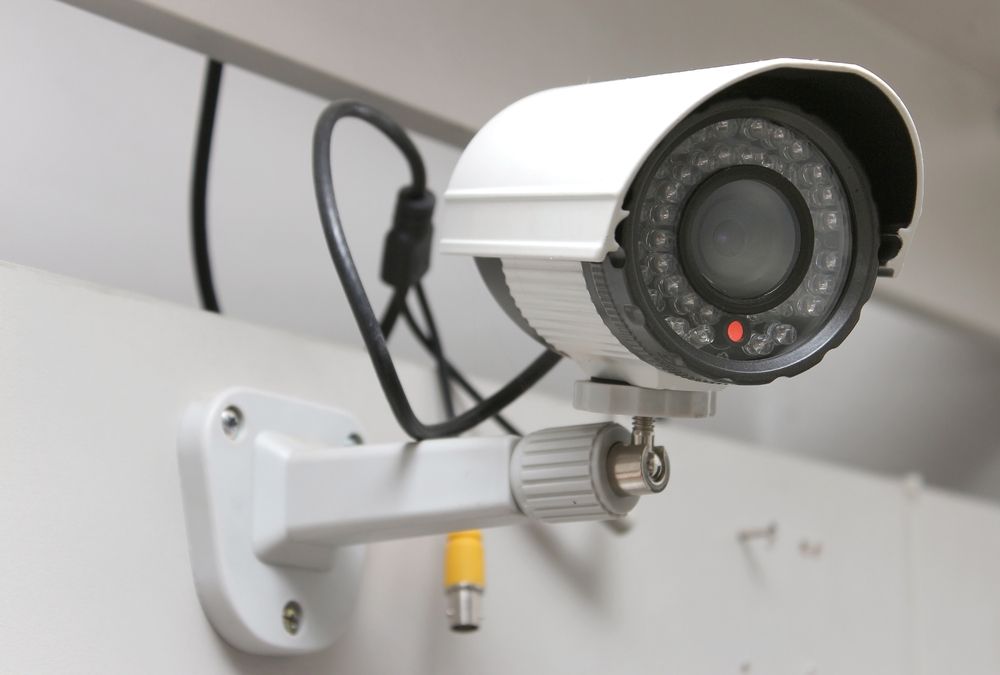
(Shuttetrstock.com)
|Reasonable expectation of privacy in bath &bedrooms
|Where the camera is located in the home also invites legalramifications. Secreting it in a bathroom is against the law, asthis is a place where people have a reasonable expectation ofprivacy. The same policy applies to the bedroom of a live-in nannyor other domestic employees.
|Throughout the rest of the home, every U.S. state permits theuse of hidden cameras, even without the consent of those beingrecorded. Outside the home, surveillance cameras also can bemounted legally to record activities within the perimeter of theprivate property and even beyond it in the public sphere. "Abest practice is to have a legitimate safety or security concern orsome reasonable suspicion of wrongdoing being conducted outside thehome before installing a hidden camera," he said. "For instance, ifyou are missing garden equipment and you suspect an employee istaking it, you’d have firmer legal ground to stand on in case youwere sued."
|[Related: 6 ways insurers can limit losses with smarthometechnology]
|The same principle applies within the home. If the homeownersuspects a domestic employee is stealing money or jewelry or may beabusing a child, the use of a hidden camera would pass legalmuster, in most cases. "Just remember that the expectation ofprivacy may override a person’s suspicions of wrongdoing," Jacknoted. "You'd need to have very strong reasons for the suspicionand you should seek the advice of an attorney."
|If the homeowner is found in violation of the law, severalstates punish the unauthorized use of a surveillance camera as amisdemeanor with a fine. In others states, like Maine, unauthorizeduse is a felony punishable by possible incarceration. “This is whyit’s always a good thing to first contact a lawyer about when, whyand where to install hidden cameras,” Jack said.
|The recording of visitors
|The same rules apply to visitors to the home, from friends andhouseguests to contractors and delivery personnel. While theiractions can be legally video-recorded within the home, theirconversations cannot be audiotaped without their permission.
|Unauthorized use of the video recordings also has legal strings."If a guest comes to a private residence and staggers around drunk,publishing the person’s image could create some exposure, dependingon the guest and the situation," said Jack. "However, if theinebriated person is in the street outside the house and fallsover, this generally would be considered a public place, wherethere is no expectation of privacy."
|In either case, any guest who shows up plastered should be putin a cab and sent back home, given the homeowner's potential legalliability. Still, Jack's point resonates—all domestic employees andguests should be made aware that there are surveillance camerasinside and outside the house. While their privacy will be carefullyguarded, their best behavior is up to them.
Want to continue reading?
Become a Free PropertyCasualty360 Digital Reader
Your access to unlimited PropertyCasualty360 content isn’t changing.
Once you are an ALM digital member, you’ll receive:
- All PropertyCasualty360.com news coverage, best practices, and in-depth analysis.
- Educational webcasts, resources from industry leaders, and informative newsletters.
- Other award-winning websites including BenefitsPRO.com and ThinkAdvisor.com.
Already have an account? Sign In
© 2024 ALM Global, LLC, All Rights Reserved. Request academic re-use from www.copyright.com. All other uses, submit a request to [email protected]. For more information visit Asset & Logo Licensing.


